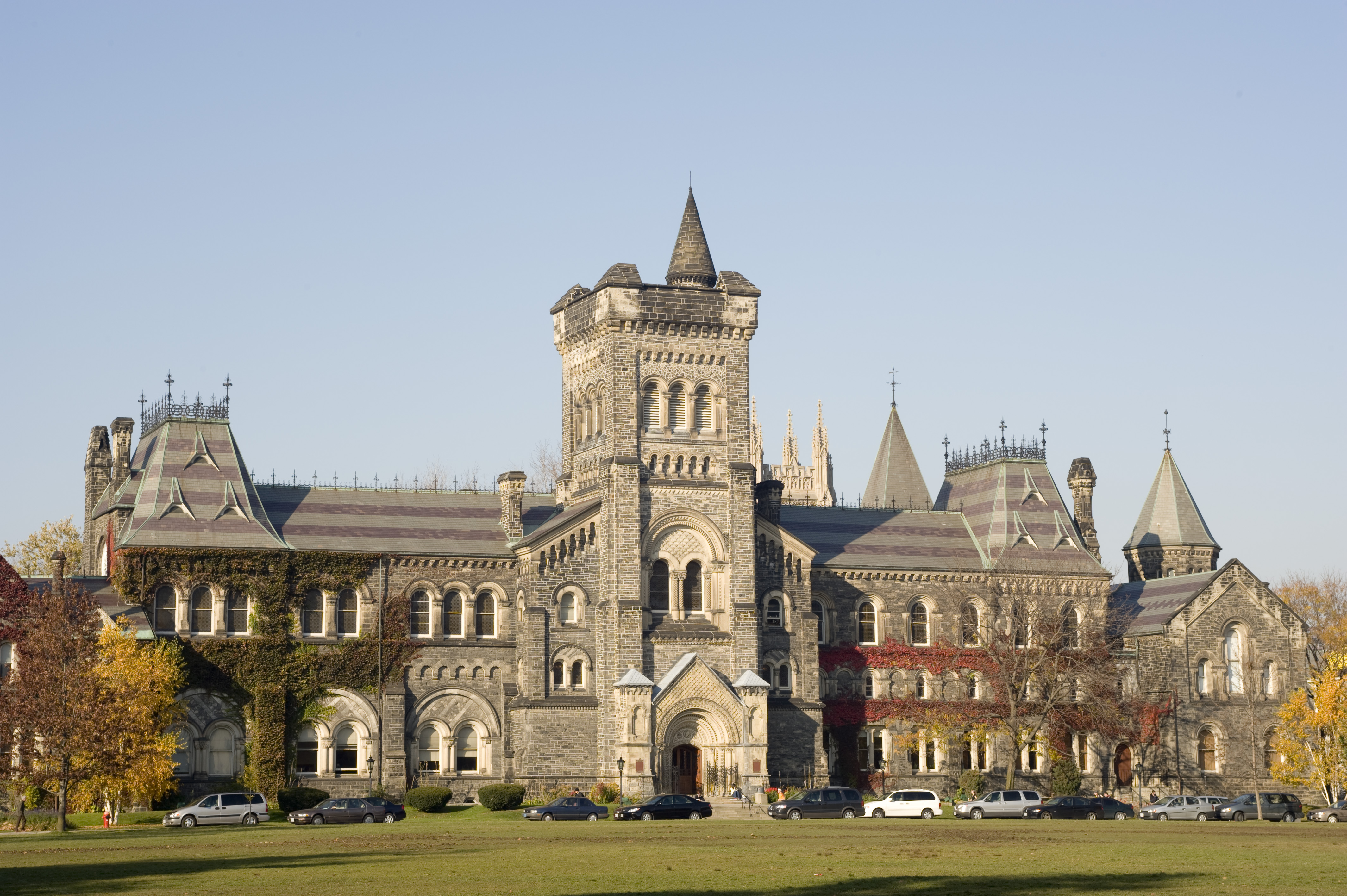The final report of the University of Toronto’s Antisemitism Working Group was released earlier this week to a tepid reception from Jewish organizations.
The report’s eight recommendations call for giving the university’s Anti-Racism and Cultural Diversity Office responsibility for addressing antisemitism and ensuring that equity staff are adequately equipped to address antisemitism in the same ways they address other forms of racism. The report also prohibits student organizations from linking support for Israel to access to services.
Other recommendations call for the appointment of a university advisor on antisemitism and for ensuring kosher food is readily available on campus.
It recommends against adopting any definition of antisemitism, which would include the one developed by the International Holocaust Remembrance Alliance, which has been widely adopted by governments around the world.
While the entire package of recommendations has been endorsed by university administrators, B’nai Brith Canada says it is “appalled by a counterproductive report… that will allow a climate of antisemitism to continue of campus.”
“This report is beyond disappointing and demonstrates that UofT does not take antisemitism seriously,” B’nai Brith CEO Michael Mostyn said. “It is unfathomable that the IHRA definition was adopted by the Canadian government, as well as the province of Ontario, but somehow remains ‘unworthy’ for this academic institution. Hate and discrimination clearly persist at UofT and Jewish students deserved a report to improve that antisemitic atmosphere.
“Our government should be extremely concerned that UofT has failed to properly address the numerous allegations of antisemitism on its campus in this deeply flawed report.”
B’nai Brith said the fact the report is only 25 pages long and offers a mere eight recommendations shows administrators don’t understand the full scope of antisemitism at the institution.
Rabbi Ariella Rosen, senior director of the UofT chapter of Hillel Ontario, was more temperate, saying the group especially liked the recommendation to actively commit the institution to fighting antisemitism and to get the equity office directly involved in that effort.
“Our assessment is the university really grasps the issue well,” she said in an interview. “We want to acknowledge there are some real positives here.”
The call to restrict student organizations from actions deemed antisemitic is also welcome.
“That is no small thing, because antisemitism is often disregarded or not seen as the same as other forms of racial or religious discrimination,” she said.
Rabbi Rosen added Jewish students and their supporters “are eager to see what sorts of change come out at the administration level.”
Law and philosophy professor Arthur Ripstein, who chaired the study, said in a news release he hopes its recommendations will give the university a “path forward… to ensure that UofT is a place where Jewish members of the community feel safe and welcome.”
Ripstein acknowledged UofT has a troubling history of antisemitism — as recently as the mid- 20th century some faculties had quotas on the number of Jewish students that could be admitted.
“The situation for Jewish members of the university has improved considerably since that time,” said Ripstein. “But there are still situations in which they are made to feel unwelcome or harassed. Our aim is to address those issues in ways that are sensitive to the particular position of the university as a place of learning and as a place of academic disagreement.”
The university’s failure to adopt the IHRA definition of antisemitism remained a major disappointment for Jewish advocacy groups.
“The most frequent challenge we have faced is the administration not wanting to get involved in reports of antisemitism because it does not have a clear definition to serve as guidance,” Jaime Kirzner-Roberts, director of policy at FSWC said in a news release.
“While we acknowledge the report affirms the basic right to Jewish life on campus, we ultimately see it as a missed opportunity to properly deal with the numerous forms of antisemitism Jewish university students and faculty members continue to face.”
Ripstein and the working group, however, called the IHRA definition unsuited to a university environment.
“The reason that we are not recommending the adoption of the IHRA, or other definitions, is that all of them are designed for different purposes,” Ripstein said. “They are not suitable to the distinctive context of the university. Adoption of them would not integrate with the requirements on us and our other existing policy commitments.”
In their official response to the report, university president Meric Gertler and other senior leaders called that decision “principled and thoughtful.”
“We appreciate that some members of the University community as well as external stakeholders may be disappointed… We also acknowledge and appreciate the working group’s principled and thoughtful reasoning on this point.”
The report comes at a time of sharp increases in antisemitic incidents across UofT and the rest of the university world. In Toronto recently:
- The student union at the Scarborough campus passed a motion in November to ban speakers who “support the military occupation of Palestine,” to boycott Israeli and settlement goods sold on campus and to ban kosher food from organizations that “normalise Israeli apartheid.” (That last clause was later walked back after condemnation by student groups and the university itself.).
- In May, leadership at the Temerty Faculty of Medicine took no action in response to concerns raised by Jewish students after the Faculty Lead of Social Accountability called support for Israel a “barbaric cultural practice” and shared a cartoon depicting former prime minister Stephen Harper promoting Israeli Sodastream products while being controlled by a puppeteer. For more than a year the law school was roiled by the proposed hiring of scholar Valentina Azarova, whose writings have been highly critical of Israel, to head its international human rights program. During that bitter debate the head of the university’s faculty association said opposition to the appointment was led by an “entitled Zionist minority.” That comment is now part of a human rights complaints.
